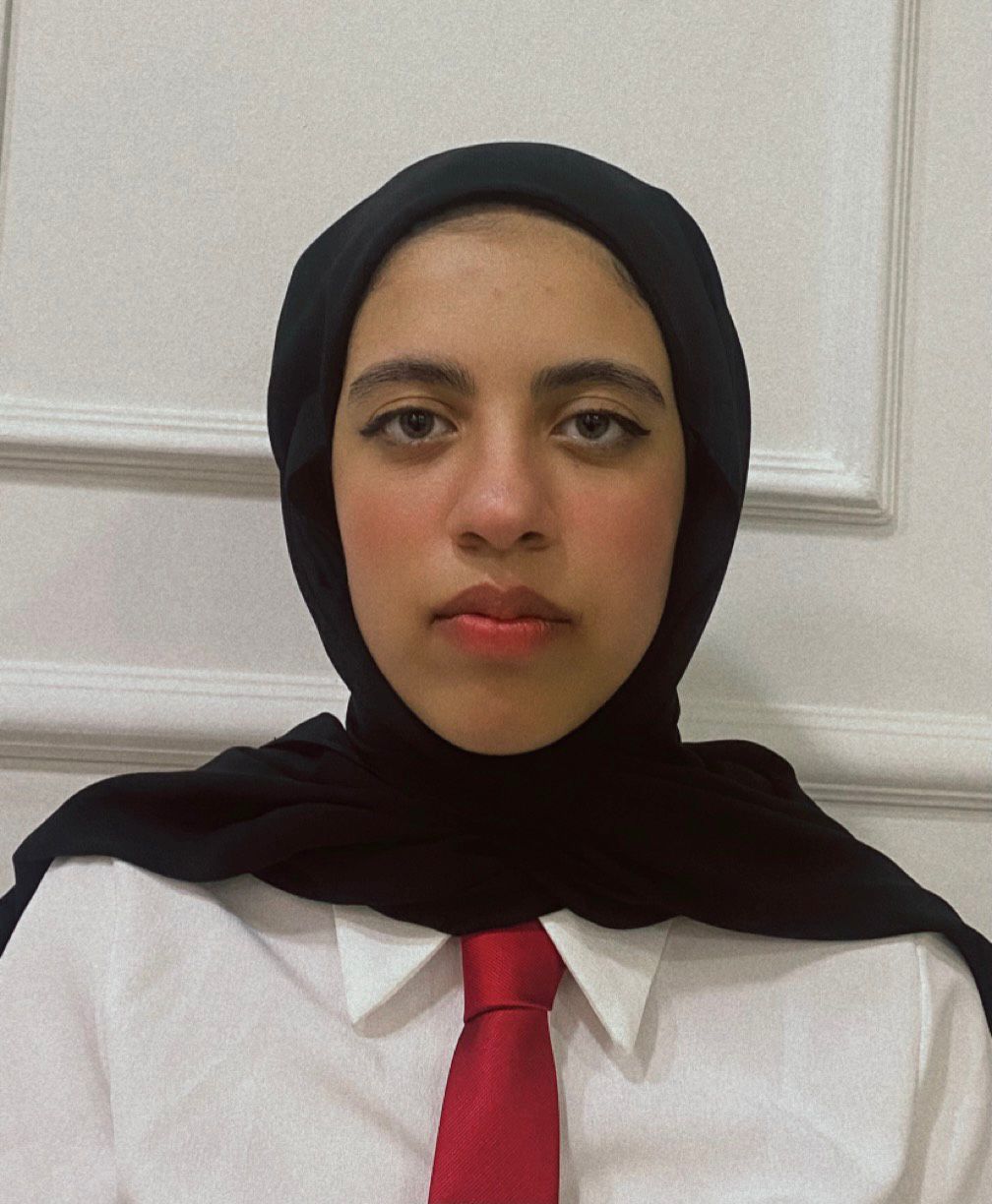"Crisis in Our Oceans: The Urgency of Addressing Plastic Pollution"
By Duha Isa Mubarak
We constantly find plastic scattered around just about everywhere we go, whether we are going on a walk in the park or visiting the beach.
Their annoying presence is unavoidable just about everywhere we go.
But have you ever wondered if other creatures felt the same? What about our distant relatives in the sea?
It isn’t a surprise that even small fish, whales, and sharks come across plastic while going on a lovely swim, and that could be due to the ignorance of our society.
It is undoubtedly causing a problem for all marine life and, sadly, slowly making its way to us.
Plastic being disposed of in the ocean often breaks down to microplastic.
You might be wondering, What are microplastics?
They are tiny particles of less than five millimetres that are consumed by the sea creatures because it is difficult for these creatures to know the difference between microplastic and natural food.
These microplastics are harmful to sea creatures and to humans.
An article from 360Info.org stated that “microplastics are destined to enter humans and end up in our digestive tract.
An accumulation of these foreign materials can have dire consequences for human health, such as digestive disorders and even poisoning.”
This indicates a lot of harm caused by plastic waste thrown into the water.
You might also be wondering, Why is plastic still being used frequently in almost everything in our lives, despite its drastic effects?
The answer to your question is plastic capitalism.
According to SWP (Socialist Workers Party), “Plastic is characterised by its strength and durability.
A plastic product can last a long time, negating the need to buy another.”
Plastic’s durability, along with its cheap price, makes it a perfect choice for factories to pick, disregarding the harm it’s causing.
A survey was conducted among local citizens around Bahrain to determine their knowledge and awareness about plastic pollution.
About 57 participants answered the survey, and the results are as follows:
At the beginning of the survey, participants were asked how they reduced the use of plastic in their daily lives.
The results showed that 63% of participants recycled plastic after using it, while 37% of the participants avoided using plastic at all.
Moreover, 39% of the participants knew that the polluted water was affecting the economy of the country, our health, and our environment.
Additionally, participants were asked about the reasons why people still use plastic, regardless of its negative effect on the environment.
The results showed that 21% think that it is because of a lack of knowledge or carelessness, while the rest highlighted the most important reason that it is cheaper to produce than alternative materials, making it economically attractive for manufacturers and consumers.
This answer suggests that the economic factor is the reason why people still use plastic.
Reasons for the causes of this global issue could vary, but this does not mean that we no longer have hope of saving the environment from pollution.
For every problem, there is a solution, but it takes an individual willingness to take a step forward in saving the environment.
Some actions that might be considered by individuals are: replacing plastic with other materials like glass or stainless steel; avoiding the use of plastic is very important and could go a long way. volunteering in cleaning campaigns or even starting an environmental campaign!
This could also be encouraging to the people around you.
recycling plastic instead of letting it go to waste and littering, and creating unique things out of used plastic.
spreading awareness by engaging all age groups in different recycling activities or committees. There are also actions that the Kingdom of Bahrain has taken against plastic pollution.
The government sets laws and policies and bans any threat to its kingdom’s natural charm by setting strategies to protect the nature of our kingdom.
One of the many steps was banning non-biodegradable single-use plastic bags across the kingdom, and eventually, all plastic bag use will be banned completely.
Furthermore, the government has declared that the manufacture of plastic water containers that contain under 200 millilitres of water is prohibited.
They also encourage people to lessen the use of non-biodegradable plastic and replace that with the use of biodegradable plastics, which goes hand in hand with the United Nations’ call to combat environmental pollution.
All that has been said is that saving the environment is a shared responsibility that each individual should carry.
So why not work together for a better, cleaner environment?
The writer Duha Isa Mubarak is a student at Jidhafs Secondary School - Commercial. The views and opinions expressed in this article are those of the author and do not necessarily reflect the official policy or position of The Daily Tribune.
Related Posts


